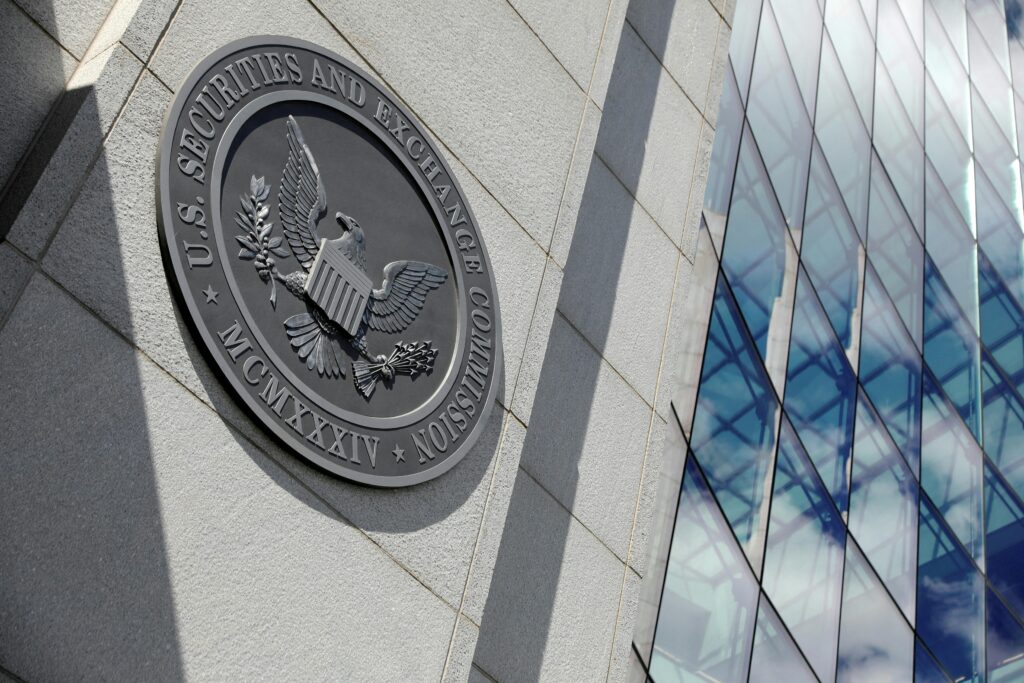On Wednesday, a Texas-based cryptocurrency business and a trade association filed a lawsuit against the U.S. Securities and Exchange Commission, claiming the agency had overreached its jurisdiction and requesting a judge’s decision that digital assets traded on exchanges are not securities.
Lejilex, a Fort Worth-based cryptocurrency startup, and Crypto Freedom Alliance of Texas (CFAT), a lobbying organization, contend that the SEC has claimed control over the sector in the absence of a “clear statutory mandate.”
Lejilex claims that its goal is to manage the Legit.Exchange bitcoin platform. The company was founded last year and stated that it intends to market digital assets, including those that the SEC has determined to be securities in cases against the largest cryptocurrency exchanges in the world and the United States, Coinbase and Binance.
Lejilex is asking the court to decide that it won’t break any securities laws to list tokens that already exist. According to Lejilex co-founder Mike Wawszczak, “they wish we were launching our business instead of filing a lawsuit,” but here they are. An inquiry for comment was not immediately answered by an SEC representative. The SEC’s accusations have been refuted by Coinbase and Binance.
In its request that the court stop the SEC from prosecuting its members, CFAT claimed that the agency’s claim of jurisdiction over digital assets has complicated efforts to persuade Texas legislators to adopt “sensible policies.”
Coinbase and the a16z cryptocurrency fund, run by venture capital company Andreessen Horowitz, are among the group’s members. It was founded last year.
The SEC, according to CFAT and Lejilex, erred in defining digital assets as “investment contracts” as there is no continuing obligation formed between the creator and the buyer.
The “major questions” concept, which permits judges to nullify executive agency activities of “vast economic and political significance” unless Congress expressly authorizes them, was another request they made of the court.
After being adopted in a few recent instances by the conservative-leaning U.S. Supreme Court, the once-rare theory has acquired popularity among those who oppose regulations.
Crypto firms like Coinbase and Binance who are opposing SEC enforcement actions have made similar claims in previous cases, but they haven’t been successful.
In July, a judge dismissed the SEC’s complaint against Ripple Labs, arguing that an asset cannot be made a security unless there is a continuous commitment to do so. The “major questions” theory does not apply to the cryptocurrency business, according to a different judge supervising the regulator’s complaint against Terraform Labs. New York was the venue for both of the lawsuits.
The 5th U.S. Circuit Court of Appeals will now have authority over the industry’s legal battle with the regulator as a result of the recent case filed in a Fort Worth federal court. Under the Biden administration, the appeals court has been the preferred forum for challenges to the SEC because more than two thirds of its judges were appointed by Republican administrations.
Judge Reed O’Connor, a Republican appointee of former President George W. Bush, was given the case. Judge O’Connor has a history of siding with conservative litigants contesting laws and regulations pertaining to firearms, LGBTQ rights, and healthcare.
The plaintiffs are represented by Paul Clement, a former Solicitor General of the United States under President George W. Bush.









